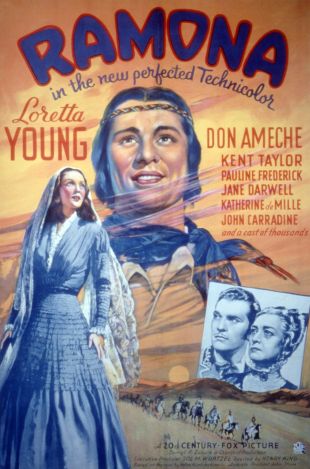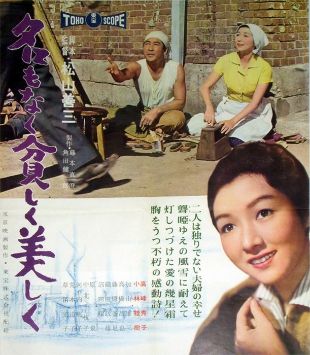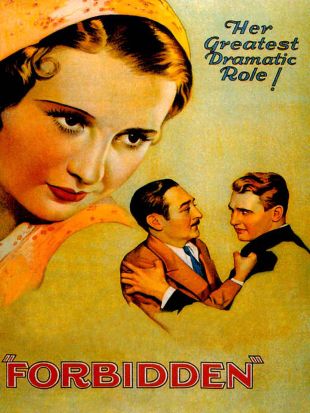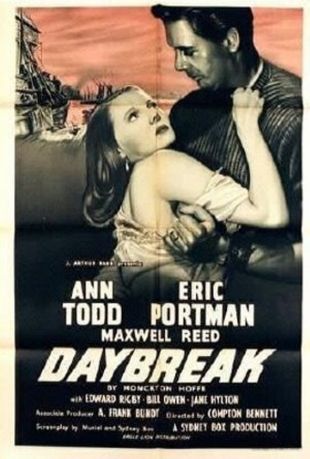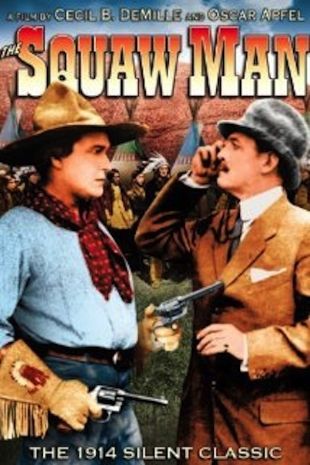
The Squaw Man (1914)
Directed by Cecil B. DeMille / Oscar Apfel
Genres - Drama, Romance, Western |
Sub-Genres - Melodrama, Romantic Drama |
Release Date - Feb 12, 1914 (USA - Unknown) |
Run Time - 90 min. |
Countries - United States |
MPAA Rating - NR
Share on
Synopsis by Hans J. Wollstein
Betraying its origin, David Belasco's popular stage melodrama The Squaw Man reached the screen in February of 1914, courtesy of the Jesse L. Lasky Feature Play Company. Already an old wheeze by then, the story of miscegenation in the Old West was supposed to have been filmed on locations near Flagstaff, Arizona. Young Cecil B. DeMille, who was to share directorial duties with veteran stage performer Oscar Apfel, and the Lasky crew arrived in the middle of a storm and decided to remain on the train until the final destination. Debarking in sunny Los Angeles, the Lasky people rented half of a barn in the suburb of Hollywood where the Squaw Man finally went before the camera on December 29, 1913. The finished 6-reel-long melodrama thus became the first feature western to be shot entirely in Hollywood. The result is a terribly dull but typical Victorian romance about a English peer (Dustin Farnum) falsely accused of a crime actually committed by his brother. He escapes to the American West and marries an Indian maiden (Red Wing). Years later, on his deathbed, the brother confesses, thus freeing the hero to reclaim title and lands. The Indian wife, meanwhile, has conveniently murdered someone and is herself killed, leaving the Englishman able to return to home and hearth without suffering the embarrassment of being called a "Squaw Man." DeMille remained strangely sentimental about this -- his screen debut -- and filmed the play twice more, in 1918 starring Elliott Dexter, and again in 1931 starring Warner Baxter. The story didn't improve with age. The location of the now-famous Lasky barn, on Selma Avenue near Vine Street, became the headquarters of Paramount when Lasky merged with competitor Adolph Zukor. It remains today as the oldest film company located in geographical Hollywood. Always on the verge of being torn down, the old barn later saw duty as a gymnasium and, later still, was the train depot in the Bonanza television series. In the 1980s, the barn was moved to a new location on Odin Street near the Hollywood Bowl and functioned as a studio museum.
Characteristics
Keywords
brother, confession [criminal], cross-cultural-relations, death, false-accusation, return, social-outcast, killing, marriage, Native-American, prejudice, tragic-love, child, pregnancy, suicide
/_1by1/_derived_jpg_q90_310x470_m0/Squaw-Man_sc.jpg)
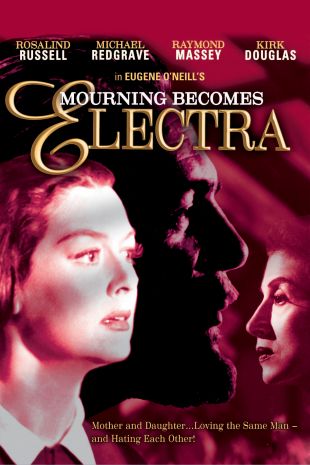
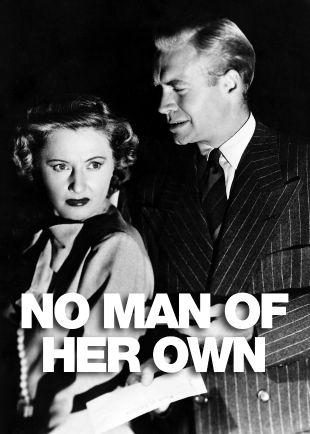
/_derived_jpg_q90_310x470_m0/u87890eex0o.jpg)
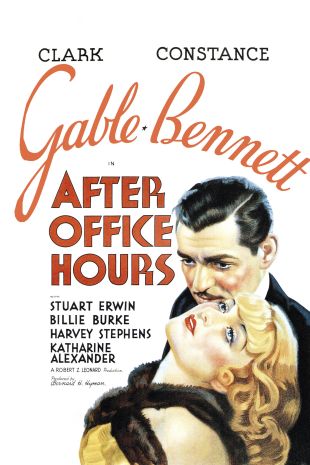
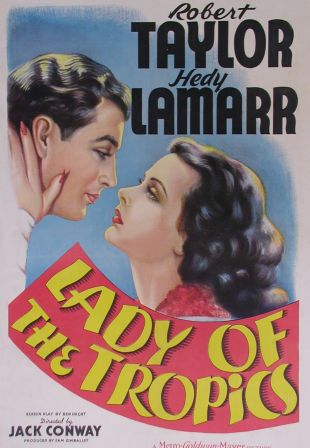
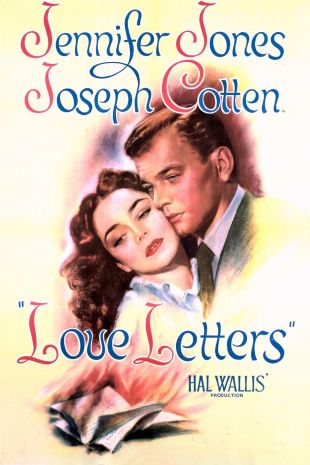
_PosterArt.jpg)
